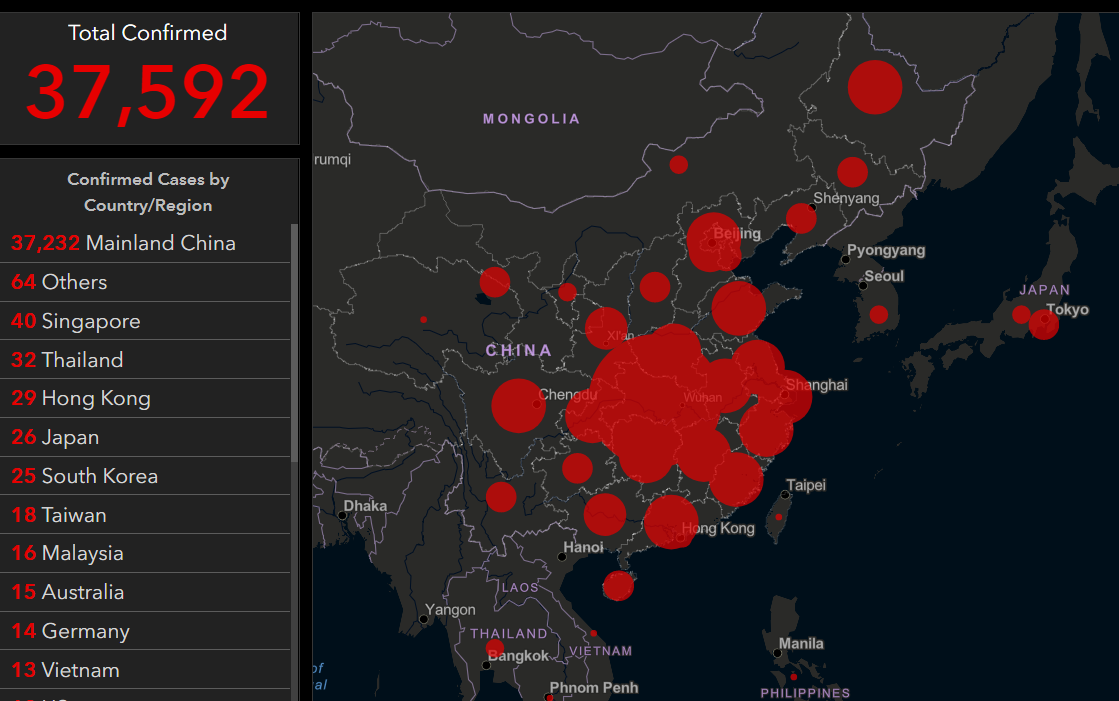Up to 44% of randomized controlled trials produce fake or flawed data, masquerading as reliable information in medical journals
07/25/2023 / By Lance D Johnson

The randomized controlled trail (RCT) is regarded as the gold standard of medical research and is deemed a trustworthy vessel to present new scientific findings or to verify existing narratives that are published in medical journals. However, this so-called gold standard of medical research is often used to defraud the public and the medical profession, negatively influencing clinical practice, drug approvals, and medical interventions.
Up to 44% of RCTs present flawed data as reliable information
Data analysts are growing increasingly concerned about RCTs presenting fake or flawed data that masquerades as reliable information. The methodology of RCTs appears authoritative and trustworthy on the surface, yet the data within these studies is often manufactured, with duplicated numbers, incorrect calculations, and impossible statistics. Many of the study authors refuse to provide the raw data to medical journals because of privacy issues.
John Carlisle, an anesthetist with England’s National Health Service (NHS) and editor of the journal Anaesthesia, is no stranger to data fraud within the RCTs. He has scrutinized more than 500 studies since 2017 and found hundreds of cases of data fraud.
In 150 of the trials, Carlisle accessed anonymized individual participant data (IPD), an important component of the study’s raw data. Shockingly, he found flawed data in 44% of these trials! Approximately 26% of the trials contained systemic problems that made the entire study impossible to trust. Carlisle called these studies “zombie trials” and reasoned that they were conducted by authors who were either incompetent or who willfully faked the data.
In many cases, Carlisle could only access the aggregated information in the summary tables and did not have access to the trial’s raw data. In these instances, he found that 2% of the studies contained flawed data in the summary tables and 1% were systemically fraudulent.
Keep in mind that the editors of the medical journals do not usually request a trial’s raw data, and therefore reviewers rarely find errors in the data. This means that up to 44% of the studies published in medical journals could be based on fraudulent data that is manipulated to prove a specific narrative. The editors of the medical journals are not adequately vetting the RCTs that are coming their way, and are naively accepting RCTs as authoritative and reliable sources of information.
“I think journals should assume that all submitted papers are potentially flawed and editors should review individual patient data before publishing randomized controlled trials,” Carlisle wrote in his report.
Even though Carlisle rejected every “zombie” trial, most of the studies were eventually published in other medical journals and used different sets of data than what Carlisle originally reviewed. When he reaches out to these medical journals, little is done to address the fraud at hand. Fake data is commonplace because researchers are often expected to find a specific result to continue receiving grant money and to secure other funding from pharmaceutical companies and other special interest groups.
Fraudulent data is systemic throughout the medical research field
Fraudulent data is common across all medical fields, and all types of medical journals, from women’s health to anesthesiology, to bone health, pain research, mental health, cancer research, and covid-19.
“If you search for all randomized trials on a topic, about a third of the trials will be fabricated,” asserts Ian Roberts, an epidemiologist at the London School of Hygiene & Tropical Medicine.
Roberts first discovered systemic fraud in a 2005 systemic review that he co-authored for the Cochrane Collaboration. Cochrane is highly regarded in the medical field, and their medical research is often used to shape clinical practice. This review suggested that high doses of a sugary solution could reduce death after head injury; however, Roberts decided to retract the review after three main trials in the paper put forth questionable data. The three trials were all authored by Brazilian neurosurgeon Julio Cruz, whose articles were never retracted, despite their consistently flawed data.
Yoshihiro Sata, a Japanese bone health researcher, was caught fabricating data in dozens of trials for drugs and supplements that allegedly prevented bone fracture. Sata is the author of 113 retracted papers, many of which (27) have been cited in systemic reviews and clinical guidelines used in Japan.
During the covid-19 scandal, a 2022 Cochrane review found that more than 40% of RCTs on the antiparasitic drug ivermectin contained data flaws and were untrustworthy. Recently, over 100 medical professionals have expose the academic fraud that blocked clinical trials for hydroxychloroquine.
Over the past decade, data analysts have warned about the rise of third-party paper-mills that pump out fraudulent RCTs and get fake papers to be published by the tens of thousands in respected medical journals around the world. The implications of this level of fraud are terrifying because these studies are ultimately included in meta-analyses and go on to influence medical guidelines, medical interventions, and a doctor’s expert opinion.
For the latest on data, scientific, and academic fraud, visit ScienceFraud.News.
Sources include:
Submit a correction >>
Tagged Under:
academic fraud, Big Pharma, Censored Science, clinical practice, data fraud, Fact Check, fake papers, flawed data, medical guidelines, medical journals, medical research, narratives, paper mills, RCTs, research, retracted articles, science deception, science fraud
This article may contain statements that reflect the opinion of the author
RECENT NEWS & ARTICLES
COPYRIGHT © 2017 RESEARCH NEWS




















